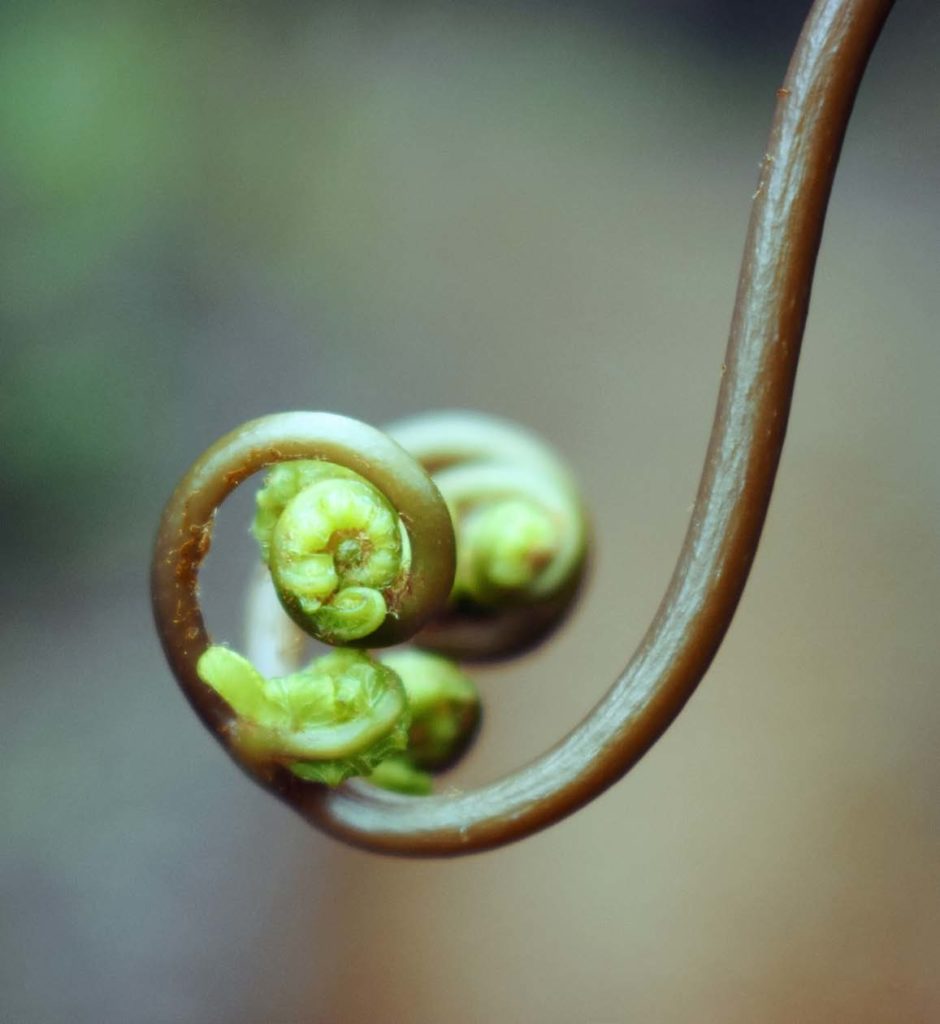Manaakitanga, which literally means caring for a person’s mana, is defined in the Māori dictionary as meaning hospitality, kindness, generosity, support – the process of showing respect, generosity and care for others.
When we host other people and tribes on a marae, we are providing manaakitanga to them. Manaakitanga is so important because it is not what is said that matters on a marae, but rather, how well people are looked after.
People remember many things when they visit other people but they will always remember how well someone looked after them. This is why it is important to provide well for visitors and visiting tribes to ones home or marae. By enhancing others, we are enhancing ourselves.
When we look after and manaaki someone, we are looking after and enhancing their mana. By doing this, we are also enhancing our own mana. This is because we are earning the respect and admiration of the person or group that we are looking after. It really is reciprocal.

He aroha whakatō, he aroha puta mai
If kindness is sown then kindness you shall receive
Aroha means a lot more than just love. It encompasses many meanings associated with helping others. For example, it means giving of oneself, helping others and expecting no payment or obligations in return, making sacrifices for others, sharing, helping, and caring for others.
Aroha is described in the Māori Dictionary as meaning to love, feel pity, feel concern for, feel compassion, loving, affectionate, caring, kindly sympathetic, benevolent, affection, sympathy, charity, love, empathy.
Aroha may mean all of the above, but one of the main principles behind aroha is that it means giving of oneself with no expectation of returns.
This is why we Māori say, we do it for ‘aroha,’ in other words, we do a task for someone else and expect nothing in return.
So there are lots of benefits in doing things for aroha.
Some examples of doing things for aroha include the following:
Aroha mai, aroha atu
Love received demands love returned
Phone 09 926 5360 or email info@reconnect.org.nz
Individual programme contact details here.
8 Puhinui Road
Manukau
Auckland 2104
15 Puriri Street
New Lynn
Auckland 0600
PO Box 276182
Manukau City
Auckland 2241